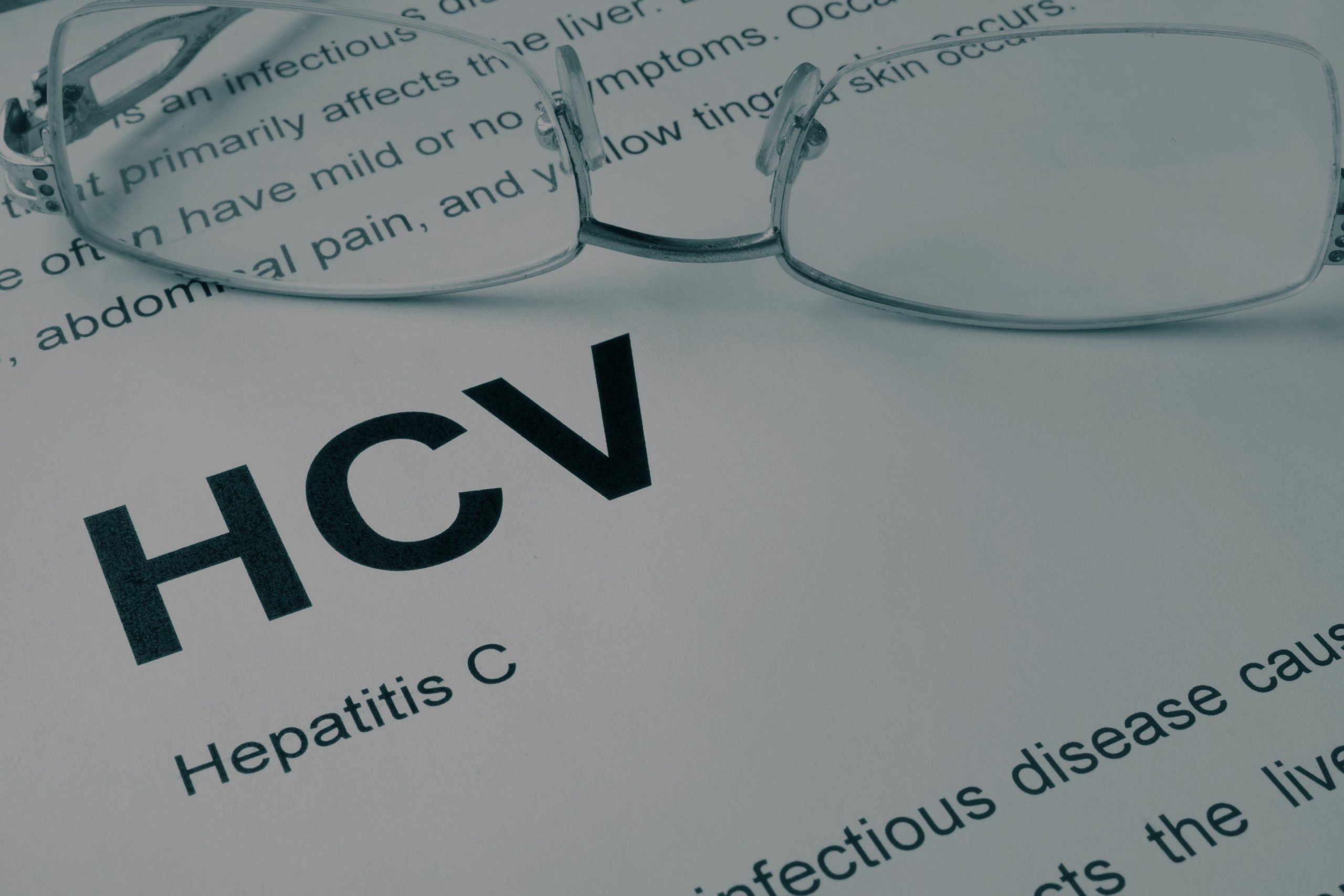
Ohio Lifts Discriminatory Barriers to Accessing Hepatitis C Treatment
Increasing access to treatment will help Ohio increase hepatitis C treatment rates for more than 2.6 million Ohioans enrolled in Medicaid.
May 21, 2020 – The National Viral Hepatitis Roundtable (NVHR) and the Center for Health Law and Policy Innovation of Harvard Law School (CHLPI) today applauded Ohio removing discriminatory sobriety restrictions on access to treatment for hepatitis C. Ohio’s previous restrictions were limiting more than 2.6 million Ohioans enrolled in Medicaid from potentially accessing life-saving hepatitis C treatment if they needed it.
Ohio now has an “A-” rating as part of NVHR and CHLPI’s Hepatitis C: The State of Medicaid Access report. The previous rating was a “C-”, for imposing strict sobriety restrictions that required six months of documented sobriety before authorizing treatment. These restrictions were not evidence-based and ran counter to established health and legal conceptions of treatment access for substance users. Ohio recently removed this barrier to treatment, and no longer asks about patient sobriety. Additionally, in early 2020 Ohio implemented a Unified Preferred Drug List that encompasses all Medicaid enrollees, eliminating previous access disparities and streamlining treatment authorization.
While this is great progress, Ohio retains one major barrier to treatment by requiring prescribing only by or in consultation with a specialist. Ohio could greatly expand access to hepatitis C treatment for the 89,600 estimated patients living with hepatitis C by removing this unnecessary limit on prescribing, given the simplicity of the treatment regimen and that it is associated with minimal to no side effects.
“Hepatitis C rates have been rising across Ohio for several years, as a result of the ongoing opioid use disorder epidemic that is strongly impacting Appalachian Ohio and other parts of the state. Yet requiring specialists to prescribe hepatitis C treatment limits access to care, especially at a time when many specialists are focused on the COVID-19 response,” said Lauren Canary, Director of the National Viral Hepatitis Roundtable (NVHR). “Increasing access to hepatitis C treatment will help curb the spread of this illness, which is critical at a time when liver disease puts more people at risk of complications from COVID-19.”
“Ohio’s discriminatory restrictions were harming thousands who are living with hepatitis C and creating ongoing health consequences despite the availability of a curative treatment,” said Robert Greenwald, Clinical Professor of Law at Harvard Law School and the director of CHLPI. “We commend Ohio for joining the many Medicaid programs across the country that have improved access to life-saving hepatitis C treatments.”
Hepatitis C: State of Medicaid Access grades each state, as well as the District of Columbia and Puerto Rico, according to its overall “state of access.” Each grade is determined by curative treatment restrictions related to three areas: 1) liver disease progression (fibrosis) restrictions, 2) sobriety/substance use requirements, and 3) prescriber limitations – all of which contradict guidance from the Centers for Medicare & Medicaid Services (CMS), as well as recommendations from the American Association for the Study of Liver Diseases (AASLD) and the Infectious Disease Society of America. The report also offers suggestions for each state to reduce its treatment access requirements.
To read the full Ohio report card, visit https://stateofhepc.org/report/#Ohio.
About the National Viral Hepatitis Roundtable (NVHR)
The National Viral Hepatitis Roundtable, a program of HEP, is a national coalition working together to eliminate viral hepatitis in the United States. NVHR’s vision is a healthier world without viral hepatitis. NVHR’s work is guided and informed by our beliefs and commitment to: Participation, Inclusiveness, Intersectionality, Health Equity, and Stigma Elimination. For more information, visit www.nvhr.org.
About the Center for Health Law and Policy Innovation of Harvard Law School (CHLPI)
The Center for Health Law and Policy Innovation of Harvard Law School (CHLPI) advocates for legal, regulatory, and policy reforms to improve the health of underserved populations, with a focus on the needs of low-income people living with chronic illnesses and disabilities. CHLPI works with consumers, advocates, community-based organizations, health and social services professionals, government officials, and others to expand access to high-quality health care; to reduce health disparities; to develop community advocacy capacity; and to promote more equitable and effective health care systems. CHLPI is a clinical teaching program of Harvard Law School and mentors students to become skilled, innovative, and thoughtful practitioners as well as leaders in health and public health law and policy. For more information, visit http://www.chlpi.org.
